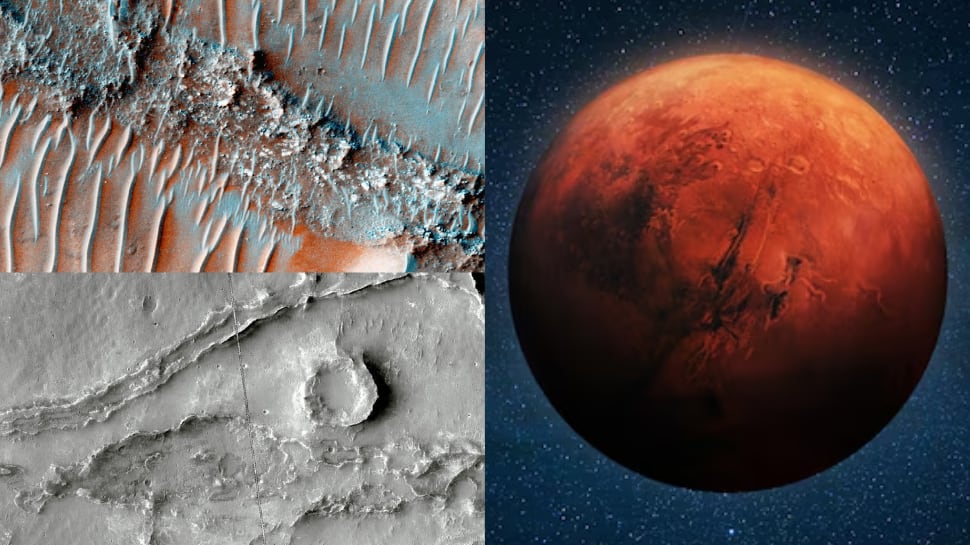In a discovery that has rocked planetary science, researchers have found more than 9,300 miles of ancient river ridges on Mars, suggesting the Red Planet was once a thriving, water-rich world. These fossil riverbeds, some possibly mightier than the Ganga or Amazon, wind through Mars’ southern highlands, defying the long-held belief that the planet was mostly dry and frozen.
Led by PhD candidate Adam Losekoot at the Open University and backed by the UK Space Agency, the research focused on Noachis Terra, a region often overlooked by previous Martian studies. Unlike visible valleys or canyons, the team identified sinuous ridges, formed when ancient rivers deposited sediments that later hardened into stone. Over time, surrounding ground eroded away, leaving behind the riverbed in elevated relief, clear signs of once-flowing water.
These ridges tell a vivid story: Mars, around 3.7 billion years ago, experienced long periods of rainfall and surface runoff, not just occasional melting ice or volcanic floods. The sheer extent of these channels implies seasonal, consistent rivers, possibly supported by a thicker atmosphere and temperate climate, a perfect recipe for life.
While most Mars studies have focused on dramatic valleys or craters like Jezero, this new evidence shifts the spotlight to subtle landforms, exposing a climate history that’s far more stable and Earth-like than previously thought.
Losekoot describes Noachis Terra as a “time capsule”, untouched by plate tectonics or erosion, preserving secrets of a watery world that might once have been hospitable to life. The findings, presented at the Royal Astronomical Society’s National Astronomy Meeting 2025, call for future missions to explore these inverted channels for biosignatures and minerals shaped by water.
This isn’t just a story about ancient Martian rivers, it’s a new chapter in the search for alien life and a deeper understanding of planetary evolution. As scientists decode every ridge and bend, one thing is clear: Mars was never just a barren desert. It may have once flowed with life.

